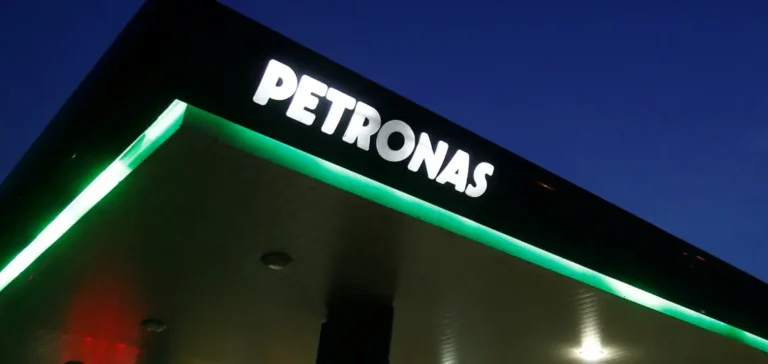Petroliam Nasional Berhad (Petronas), Malaysia’s national energy company, has signed a Memorandum of Cooperation (MoC) with the Japan Organization for Metals and Energy Security (JOGMEC). This strategic agreement strengthens Japan’s energy security framework by establishing specific cooperation for the supply of Liquefied Natural Gas (LNG). A first cargo from the LNG Canada project, in which Petronas is involved, will be delivered in July to the Japanese company Toho Gas.
Framework and Objectives of the Partnership
The MoC signed between Petronas and JOGMEC provides that the Malaysian company will serve as an alternative supplier in case of disruptions or exceptional situations affecting LNG deliveries to Japan. This measure aims to enhance the resilience of Japan’s energy network by enabling JOGMEC, acting under the authority of the Ministry of Economy, Trade, and Industry (METI), to quickly activate additional deliveries.
This type of agreement, previously implemented by JOGMEC with the Italian company Eni, underscores Japan’s intent to diversify its LNG supply sources. This mechanism has become essential in a global context marked by uncertainties in gas markets.
First Deliveries and Operational Perspectives
The initial cargo from the LNG Canada project, in which Petronas is a partner, will arrive at Toho Gas as early as July, marking the concrete beginning of this strategic cooperation. This Canadian project constitutes a new supply route for the Japanese market, gradually reducing the country’s reliance on historical suppliers or spot market fluctuations.
Petronas also indicated that it would continue expanding its production capacities, with a third floating LNG production unit expected to enter operation in 2027. This additional capacity should enable the company to meet anticipated growth in Asian demand in the medium term.
Commercial Impacts and Logistical Issues
The partnership with JOGMEC allows Petronas to strengthen its presence in the Asian market while securing outlets for its future LNG production projects. For Japan, this partnership represents a strategic safeguard against supply risks, particularly logistical or geopolitical disruptions.
The July delivery to Toho Gas further confirms Petronas’s commercial expansion into North America, demonstrating the group’s growing capability to operate simultaneously across multiple strategic regions. In parallel, for JOGMEC, these successive agreements illustrate a clearly defined strategy for diversification and security of the Japanese domestic market, particularly sensitive to global developments in the energy sector.






















